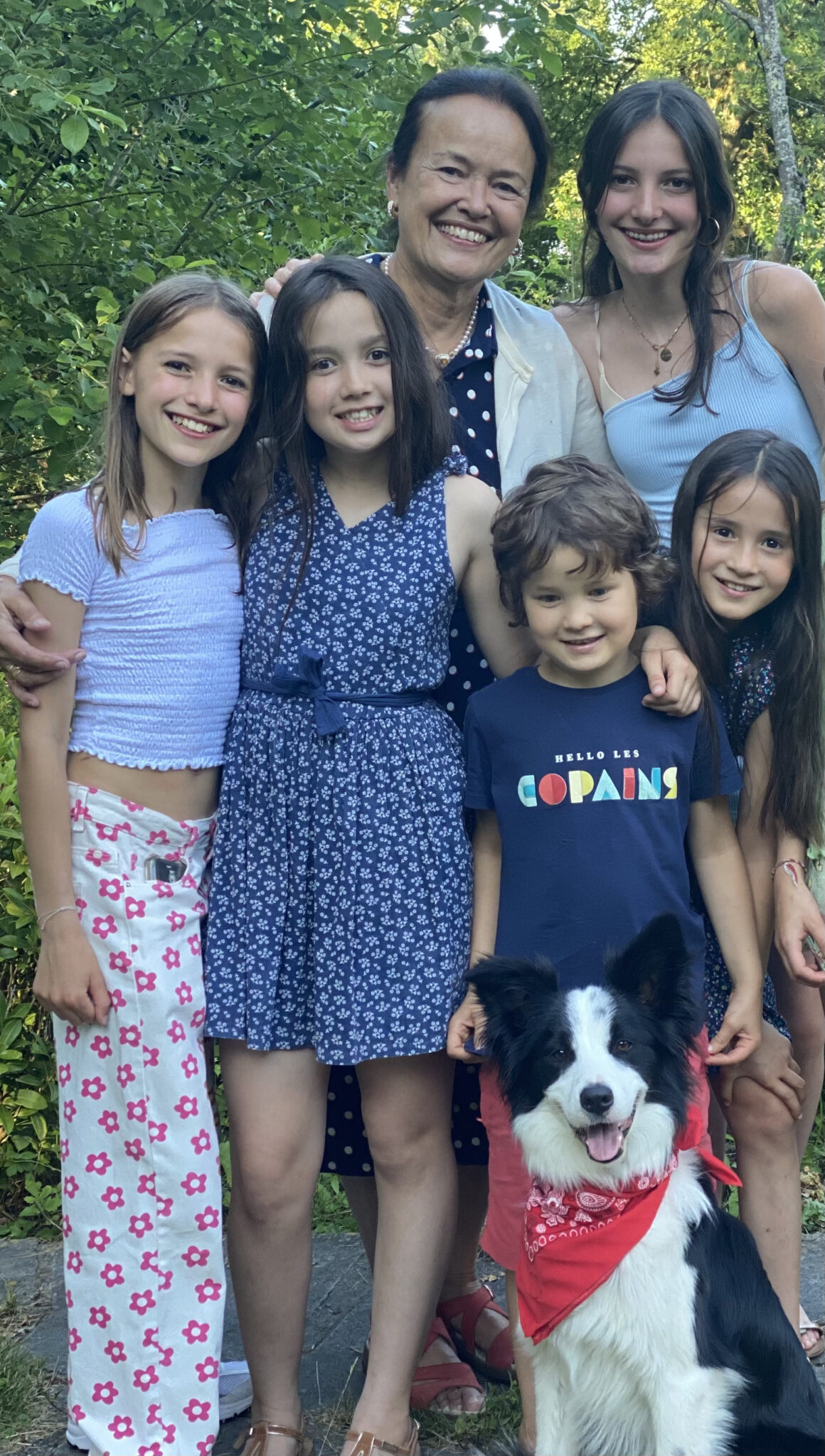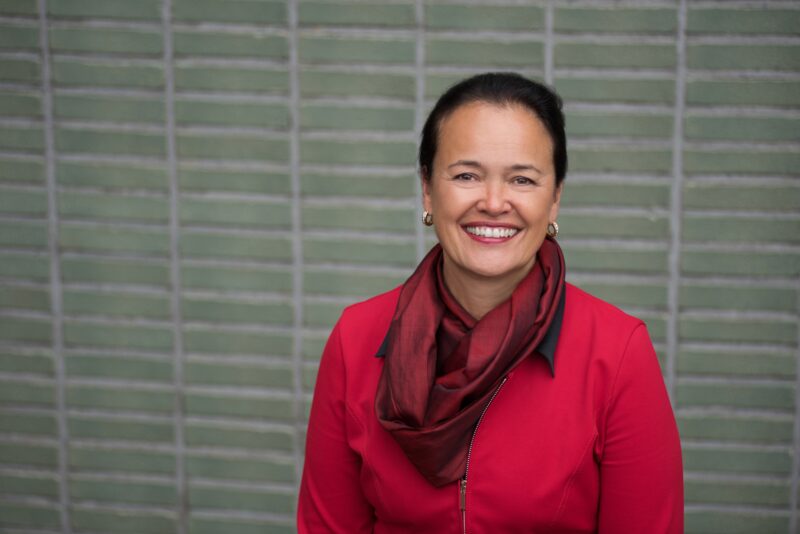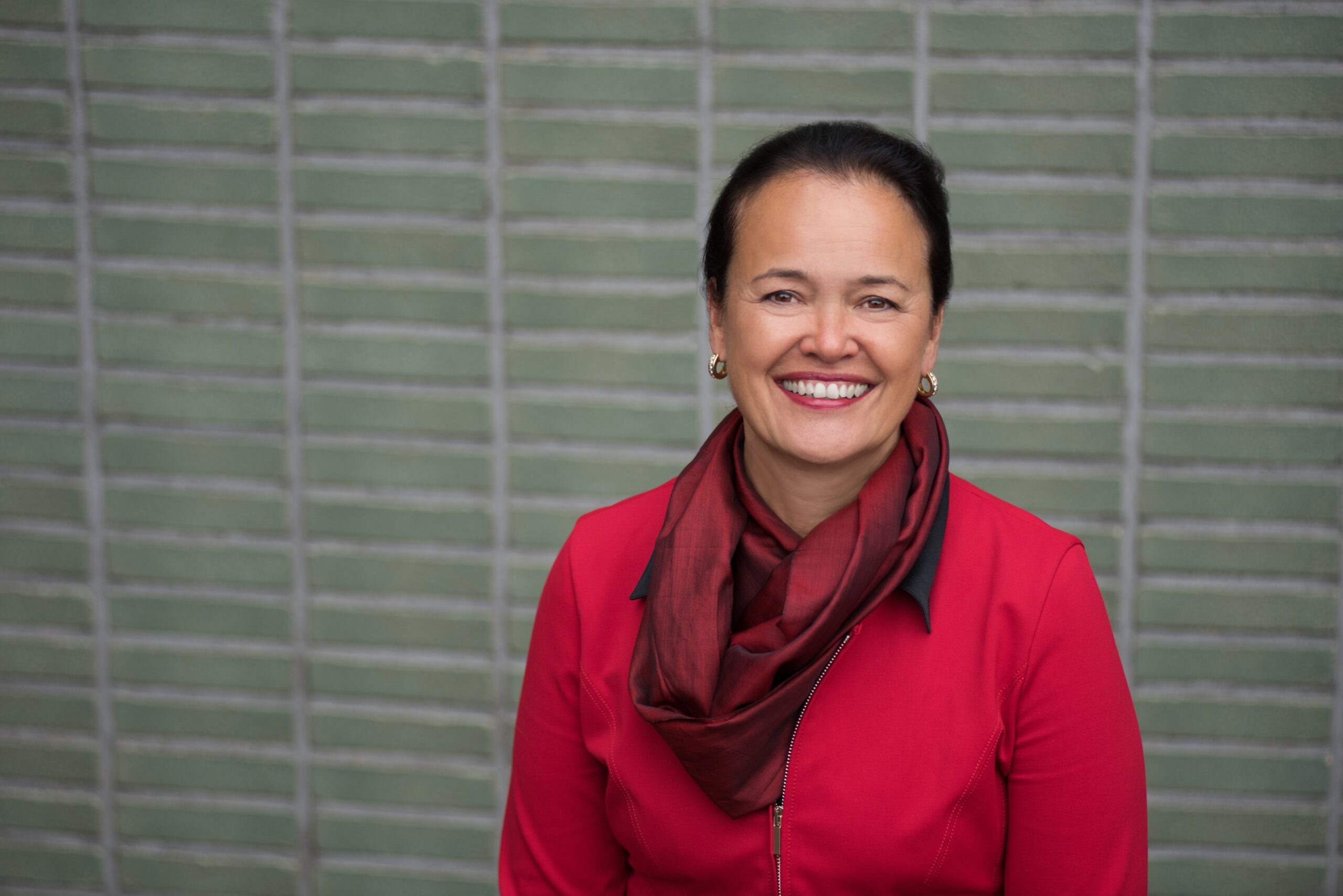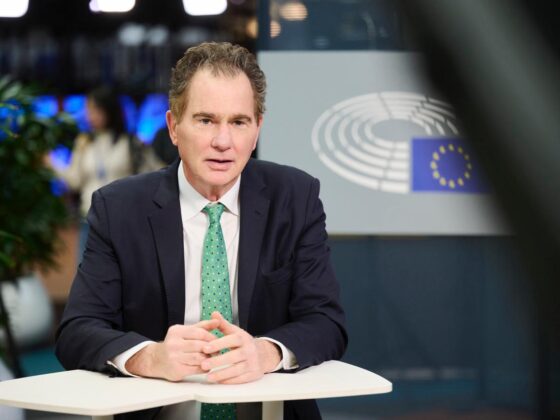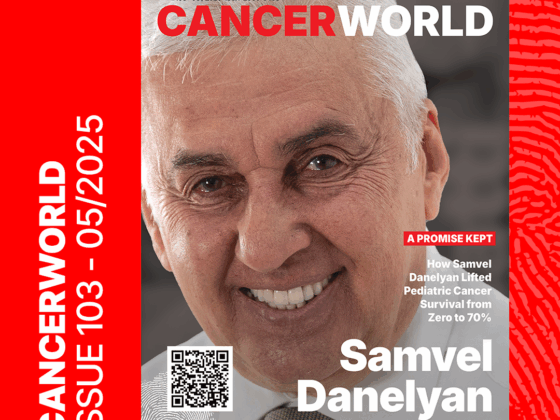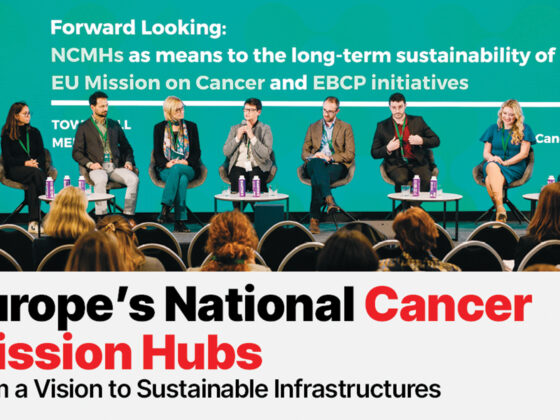Prof. Martine Piccart grew up in a house where medicine was part of the air. Her father, a gynecologist, treated patients at home. “I admired him deeply,” she says. “He helped people. I saw that up close. It left a mark.”
She considered pediatrics, but feared missing a diagnosis in a baby who couldn’t speak. Oncology felt clearer. More certain.
She went to the Institut Bordet for her training, where she met a doctor who would shape the arc of her life.
“Dr. Marcel Rosenzweig,” she says. “He had just come back from the National Cancer Institute in the U.S., where he’d spent four years learning how to develop cancer drugs. He was charismatic. Generous. He taught me how to think about trials, about molecules.”
He later returned to the U.S. and became a pivotal figure in oncology drug development, playing a leading role in bringing Paclitaxel—Taxol—to the world. But before that, he gave Professor Piccart a piece of advice that would change her life: go to the United States for further training.
“I cannot imagine what would have been my career if I had not had the chance to meet him”.
She did what he said. She landed at New York University Hospital. Two years later, she returned home. And made a decision. “I chose breast cancer.”
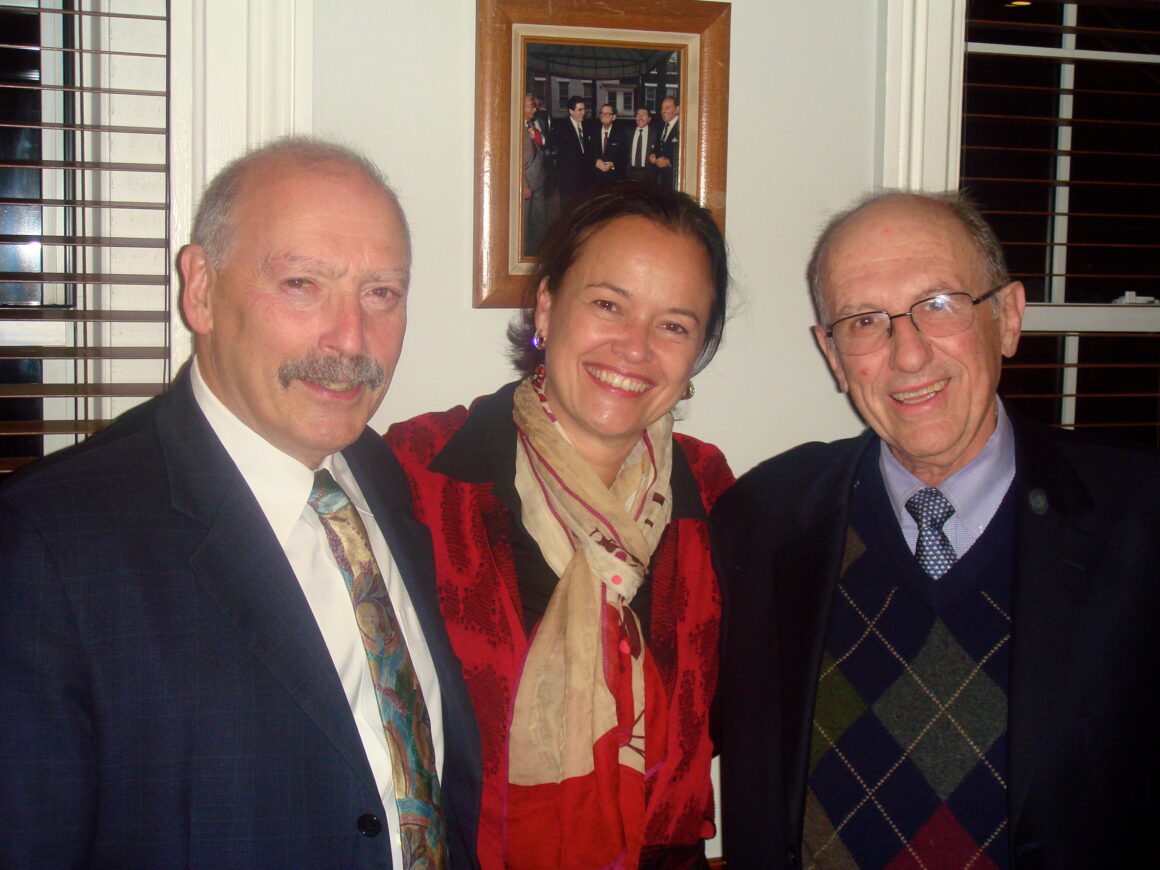
What BIG Was Built For
Back in Europe, Piccart was struck by how different things felt. The scale was smaller. The rhythm slower. In the U.S., she’d seen vast networks of collaboration. In Belgium, it was pockets of progress, each one working alone. That didn’t sit well with her.
“Clinical trials in Europe were national. Fragmented. Underpowered. They couldn’t answer big questions.”
Once again, life placed the right person in her path. She met Aron Goldhirsch—a colleague who would become a close friend, a confidant.
“We met over dinner. I shared my frustration, this idea that we needed something like what existed in the U.S. And he just got it. Immediately. He became a big brother to me.”
That dinner sparked the birth of the Breast International Group—BIG.
It wasn’t smooth. The first meeting was tense. “We invited the chairs of the European groups. French, German, Dutch, British. They were suspicious,” she remembers. “They thought Aron and I wanted to take over. To control. To destroy them.”
But suspicion gave way to substance. Slowly. The plan wasn’t to centralize everything. It was to join forces when it mattered most, especially for small populations, rare subtypes.
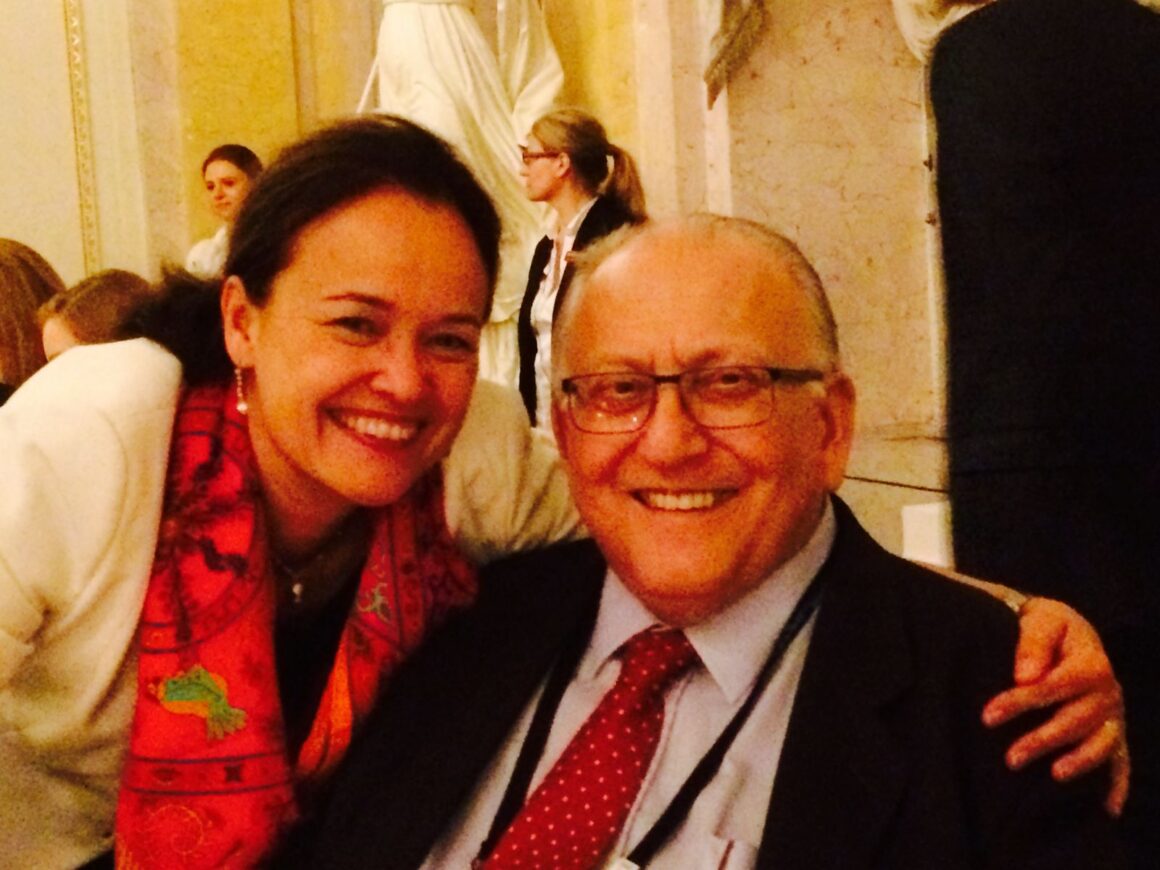
Science, Not Sales: The HERA Stand-Off
Then came trastuzumab. HER2-positive breast cancer represents just 15% of cases. Roche wanted a European trial. Piccart made the case: BIG was the right partner. “You run that trial nationally, it takes six years, even if it’s a big country like France,” she says. “We could do it in two.”
But BIG had rules. The data would stay with an academic institution. The trial would be led by science, not sales. After months of negotiations, Roche walked away.
“I think they were probably afraid of losing control—and I understand that. Drug development is risky. These large registration trials cost a fortune. If they fail, it’s a disaster. But then something remarkable happened—something I don’t think could happen in today’s world.”
Piccart and Goldhirsch called a meeting—40 research group leaders on the line. “We all agreed: we won’t participate unless they respect the model.” Ten of them flew to Basel. They met Roche’s leadership. They pushed.
“There was so much pressure,” she says. “We had to make this work.”
They did. The HERA trial recruited 5,000 patients in two and a half years. The results were presented at ASCO. “Three trials: Hera and 2 American trials. One packed room. There was an emotional atmosphere in the room. That ASCO changed everything.”
Trust in BIG was sealed.
Then came Affinity—adding pertuzumab to trastuzumab. More cures. A step closer to beating the disease.
But even success demands difficult choices.
The Toughest Decision of Her Career
One decision stayed with her—not because it was public, but because it tested her principles.
“There was a group in BIG,” she says. “Brilliant, active, contributing real value—but they were for-profit. And for me, that mattered.”
“Making money through research? That’s for pharma. That’s their job,” she says. “But academic research—it must stay clean. If you cross that line, you lose the point.”
She didn’t want researchers thinking about patient numbers as revenue. She didn’t want trial recruitment to become a transaction.
“There’s already pressure in academia,” she adds. “For a successful academic career, you need to publish. That’s one layer. But I didn’t want to add a second layer, which is that the more patients you enter in a trial, the more money you make. If your income depends on how many patients you enroll, it changes everything.”
So she drew a line. BIG would no longer work with them. “We had to protect our integrity. Our focus is the patient. That’s it.”
The principle stood firm. “We had to protect what made BIG trustworthy. We had to keep the mission clear.”
And it came with a cost. “We lost strength. We lost reach. Maybe younger oncologists wouldn’t have made the same call. This was one of the most difficult decisions in my career.”
Later, they found a compromise. The group could collaborate with BIG, but not under its name. They also reviewed every member organization. “A few others were for-profit, but their profits went back into research. That was different. That we accepted.”
Leadership is also a Psychology: Orchestrating Science
According to Prof. Piccart, a great scientist could live inside a single discipline. But a scientific leader? They had to live among many. That’s where her experience at EORTC helped. “I learned how to work across disciplines—radiotherapy, surgery, pathology. If you want to lead, you have to listen. You have to speak the language of the people around you.”
At EORTC, she joined the gynecological group. Then the breast. She became a secretary. Then the chair. Eventually, she oversaw the treatment division—the whole thing. “That taught me what different teams needed. How do they think. How do they move. That helped me in BIG more than any single piece of knowledge.”
Leadership, she said, was about psychology too. Spotting egos before they collided. Listening. Preventing.
“There are big egos,” she says. “Always. In every organization. And the important thing is that you need to pay constant attention to these conflicts. You better identify them at the beginning, when they start. Because if you ignore and you say, well, it’s not important, it can destroy the organization.”
She offers a clear example of conflict prevention in academia: authorship. It mattered—sometimes too much.“Everyone wants to be first or last,” she says. “That’s how careers are built. But it’s wrong. Science is a team sport. Like sending a rocket to the moon—no one gets there alone.”
In BIG, she brought in structure. Rules. “We planned authorship before trials even started. Paper one, paper two, primary endpoint, secondary endpoint. Everyone had a chance to contribute and be seen.”
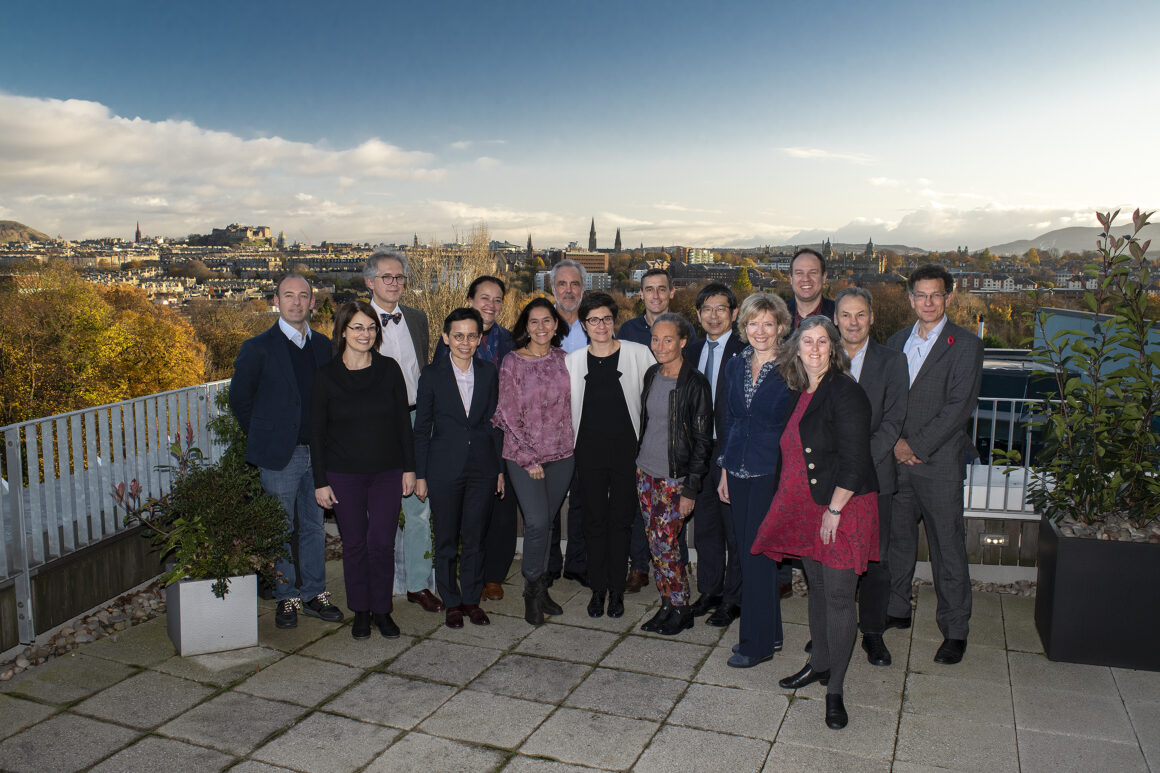
Because Survival Isn’t Enough
At the center of it all is a deep sense of justice. But it isn’t theoretical. It’s lived. It began in the hospital corridors, yes—but it was forged at home.
“I always had one driving goal,” she says. “To radically improve how we treat breast cancer.”
Her mission took root at 28, when her mother was diagnosed with locally advanced breast cancer. “It was a disaster,” she says. “I was terrified. I didn’t think a cure was possible.”
The odds were against them. But her mother survived.
“Twenty years later, she had a second cancer. Different time. Different treatment. But still—there were questions. And not just about survival. About what matters in care. About side effects mitigation. About optimal duration of care.”
Piccart saw it clearly: pharma was not going to answer those questions. Not when shorter treatment meant smaller profits. “It’s absolutely clear that it’s not the role of pharma. They very often will choose a duration that brings more money back to them. There’s no profit in reducing dosage.”
She didn’t want to waste time. “I knew I had limited years. I didn’t want to spend them on noise. I wanted to bring people together and get the work done. So many essential questions were unanswered. We had new drugs, but didn’t know how long to give them. Or how much.”
And she knew one thing above all: “You cannot do great things alone. Never.”
That belief led to MINDACT.
When Less Is More: Avoiding Unnecessary Chemotherapy
MINDACT, A pure academic trial. Massive in scale. The study asked: Can we use gene signatures—genetic fingerprints of tumors—to avoid chemotherapy in some breast cancer patients?
At the time, chemotherapy was given broadly. Too broadly. “You only get one shot to cure cancer,” she says. “So we treated aggressively. But we over-treated. We knew that.”
The trial was massive. Collaborative. The EU gave €7 million. It needed €45 million. “We knocked on every door,” she says. “Every country. Every foundation. And we got there.”
It took 15 years. But they proved it: in women over 50, if the gene signature showed low risk, chemotherapy added no benefit. Endocrine therapy was enough. Lives were saved. And others were spared the burden of unnecessary chemo.
But younger women? The answer wasn’t the same. “That’s the next trial,” she says. “We still don’t know why they respond differently. But we’ll find out.”
She pauses. “If I had known it would take fifteen years? I’m not sure I would’ve started. That’s why it’s good we don’t know everything in the beginning.”
Too Many Drugs, Too Few Answers
Despite decades of progress, Piccart is frustrated by the imbalance.
“So much money goes to drugs,” she says, “so little to biomarkers. In 40 years, what have we really added? Hormone receptors, HER2, cell proliferation, a gene signature—that’s it.”
She sees promise in AI, especially in reading pathology slides. But AI needs data. Lots of it.
“And that’s the wall we’re hitting,” she says. “Too much trial data is locked away—owned, protected, inaccessible.”
She’s clear: science can’t move forward unless data is shared. “It has to belong to the community, not companies. Otherwise, we’ll drown in expensive drugs and fragile evidence.”
Governments, she warns, won’t be able to sustain the rising costs.
“We need to refine. We need to target. And for that, we need data.”
Built for Impact. Not for Applause
When asked what impact means to her, she doesn’t hesitate.
“For an oncologist, impact is simple,” she says. “You either prolong life, or you improve its quality. That’s it. That’s the line.”
She carries that clarity with her everywhere. Into meetings. Into debates. Into systems that need fixing.
And one of those fixes came in the shape of a scale. The ESMO Magnitude of Clinical Benefit Scale. It ranks new cancer drugs not by price or popularity, but by what they actually do—how many lives they save, how much better they make patients feel.
“It started during my presidency at ESMO,” she says. “I was visiting oncologists in Eastern Europe. They were angry. They couldn’t access trastuzumab—the same drug that changed everything in the HERA trial. And we call this one continent?”
That frustration turned into a plan. “We needed to separate real breakthroughs from small steps,” she says. “To say clearly: this drug is worth it. This one—not so much.”
She wasn’t alone. Dr. Nathan Cherny in Israel had been thinking the same way. They joined forces. . Like everything else—it wasn’t solo work.
Nothing important ever is.
“It took years,” she says. “Meetings, debates, drafts, rewrites. But we built it. We gave countries a tool to make hard choices. We gave patients something to point to. We gave students a better way to read the literature. I’m proud of that,” she says. “Not because my name is on it. But because it’s useful.”
I’m a Work Addict
And what’s her personal philosophy?
She smiles.
“My husband would say: say: her philosophy is discipline. And he’s right. I’m a work addict”
Even on holidays, she works. On weekends, too.
Music first, then love, then a life
Outside the clinic, there is music.
She plays the piano. Her husband plays the violin. That’s how it started—chamber music.
Music runs in their blood. “All three of our daughters are musicians,” she says. “The youngest is a singer—an opera singer now—carving out something truly beautiful.”
“Playing music at home was something that we did every Sunday. Sometimes we took a teacher because if there was no teacher, we started to fight when things were not very good, and we needed someone from outside to say, this is the person who is responsible.”
Now, she plays less. “I miss it,” she admits. “But I follow my daughter. That’s the joy now.”
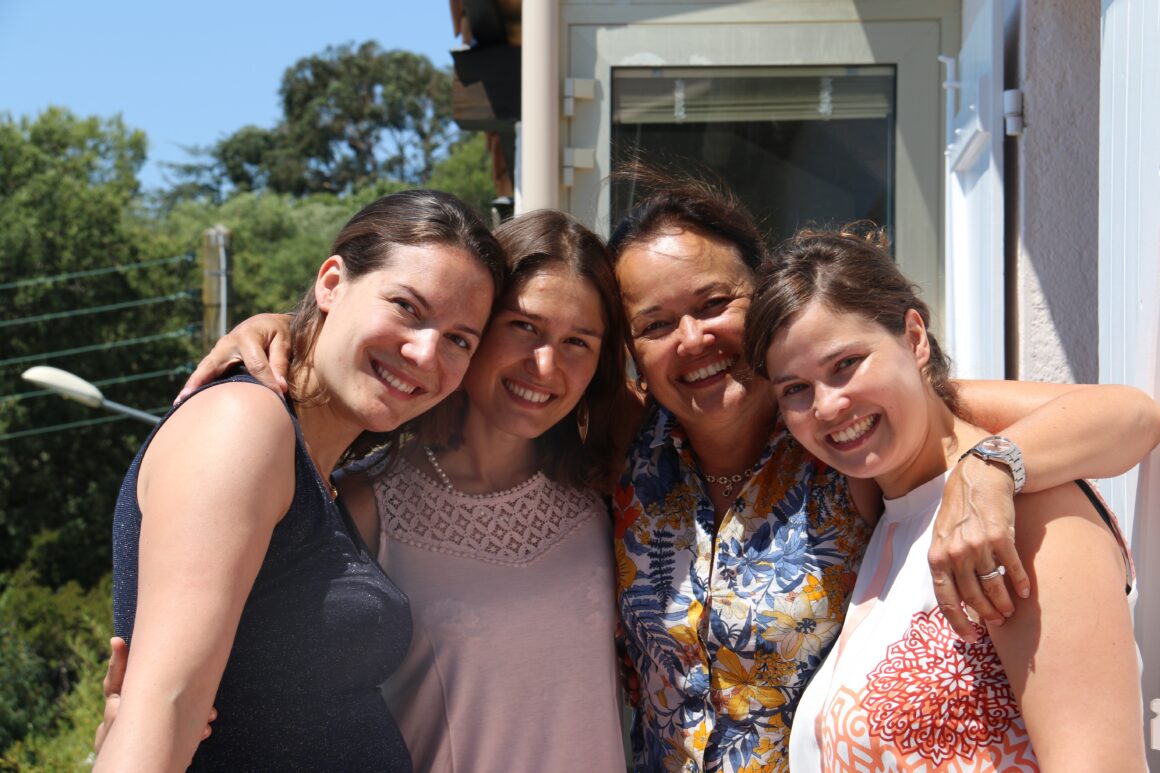
Read to Understand. Travel to See
There’s reading, too. She gravitates toward two kinds of books. First: history. “To understand how conflict begins,” she says. “It helps. Or should help. History repeats itself. The tragedy is how little we learn from it.”
And then there’s fiction. Stories about the soul. She mentions two names—Melissa da Costa, Valérie Perrin. “They write about people. Deeply. And when I start one of their books, I can’t stop.”
She travels. Always has. But now, the trips are for teaching too. She brings her grandchildren.
“Travel shows them what books can’t,” she says. “That people live differently. Think differently. And you must understand that. You must respect it.”
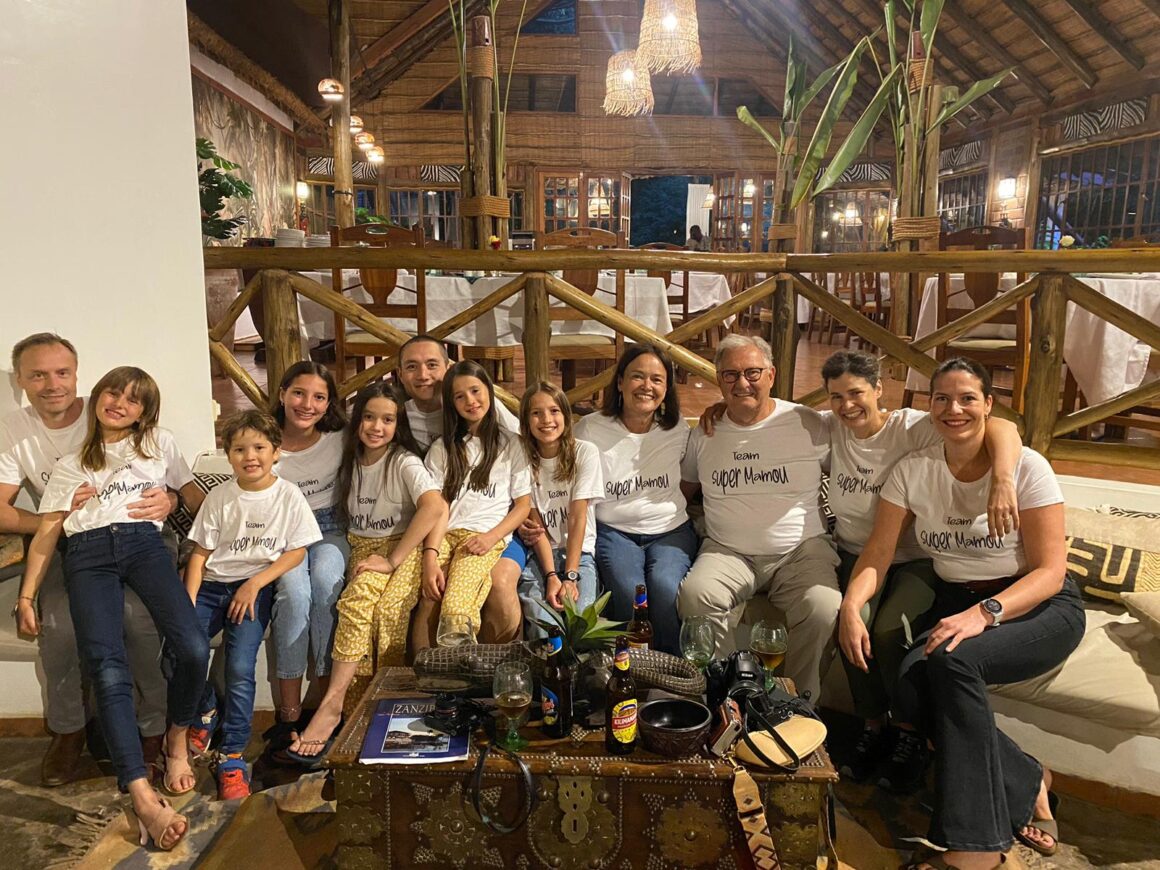
The Words She Needed Then
If she could speak to her 30-year-old self?
She would keep it simple.
“Work hard. Build a team. Respect your team. Don’t give up too early. Ignore the noise. If your idea is right, go ahead.”
But she’d also whisper what no one says out loud.
“You will be doubted. Often. You will lose time defending ideas when you should be building them. You will want to quit. Don’t. Keep going.”
Because, in the end, it wasn’t just knowledge that moved the field. It was persistence. And patience. And people who didn’t stop.
A Life Built Not Alone—But Together.
And what does she hope the world to say about her?
That she believed in something simple. And hard. Collaboration.
“That when people work together, really work, discoveries don’t just happen faster—they go deeper.”
She thinks maybe she was lucky. She came of age in a world still rebuilding. “After the war, there was a hunger to create. To cooperate. People wanted to build.”
BIG was born from that spirit. So was the EU. So was a lot of what still stands.
“If I were 30 today, I’m not sure it would be the same,” she says. “The atmosphere now is different. More fractured.”
But even in this climate, she sees flashes of what could be.
“I hope young oncologists will stay focused on what matters. The unanswered questions. The ones that don’t make money. The ones that take time.”
She doesn’t romanticize the road.
“Being a principal investigator in pharma trials gives you prestige. Recognition. Fast-track career. But it’s not enough. Not if you want to look back and feel peace.”
She looks ahead, not back.
“The real satisfaction comes from changing something. Not publishing a paper. Not getting applause. Changing the way we treat. Even if it takes years. Even if no one notices right away.”
That’s the legacy she wants. A life spent answering the hard questions. A life built not alone, but together.
